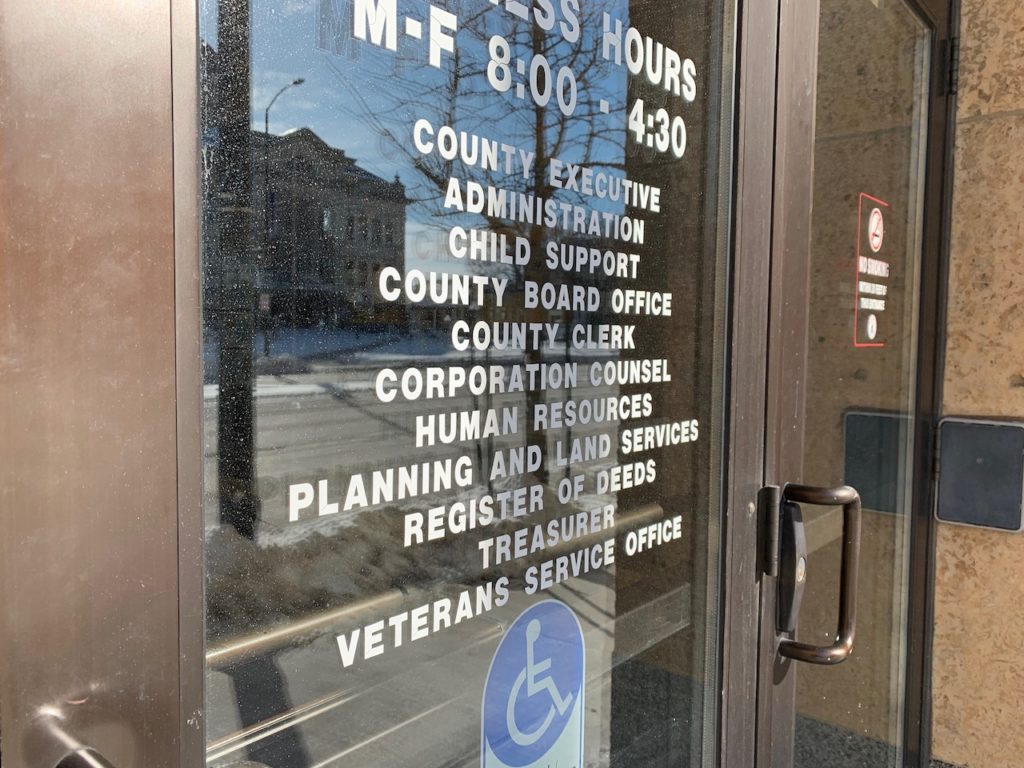 Reader Question: How can we check if our home is overpriced? Our home has been for sale on-and-off for some time. We have tried it ourselves, and hired real estate agents to no avail. This time we are going on four months now. In the past, we felt that our house didn’t sell because it’s unique. Our agent says it just takes the right buyer, and the $450k price is right.
Reader Question: How can we check if our home is overpriced? Our home has been for sale on-and-off for some time. We have tried it ourselves, and hired real estate agents to no avail. This time we are going on four months now. In the past, we felt that our house didn’t sell because it’s unique. Our agent says it just takes the right buyer, and the $450k price is right.
Monty’s Answer: No home has an exact price but instead has a range of value. The more unique a home, the fewer comparable sale comparisons. The fewer comparable sales comparisons, the wider the range of value. Home sellers are more prone to misjudge their home’s value because they lack appraisal experience and the emotions homeownership brings.
Self-evaluate your price
- Drive by the comparables. Are the sales genuinely comparable? The identical home may be miles away and contain the same amenities and be the same size on paper, so it presents as a good comparable. But a paper description leaves many unknown facts. These unknowns is why fee appraisers are required to drive by the comparables. Real estate agents are not required to perform a drive-by.
- Are you placing value on improvements that don’t count? Many improvements add little or no value on resale. Solar panels, extensive landscaping, roofs, and swimming pools are typically improvements that may not increase or even detract from a home’s worth. Some homeowners say they don’t care about cost when they spend the money but forget they felt that way at the time of sale.
- Does the uniqueness add value? Or is it a hindrance to the sale? A variety of ideas, like floor plans, odd design, building materials, and more, can substantially reduce a home’s marketability. Consider whether the uniqueness is as valuable as you give it credit.
- Determine what your home would cost new. Suppose a buyer can replicate your home brand-new for less than you are asking. In that case, it will likely sit unsold until you reduce the price or accept a reasonable offer. Here are two examples of determining those costs in the National Building Cost Manual and the Marshall & Swift handbook.
- Does your supporting cast support your contention? If your home is the only 5,000 square foot home in an 1800 square foot neighborhood, expect to make a serious adjustment. If a facility that creates noise or odor is nearby, there may be resistance unless the buyer works at the facility. If your next-door neighbor has neglected their house, or keeps junk cars in the backyard, many prospects will reject your home.
- The market does not care how much you invested or what you owe. It has no bearing on value.
Final point
You do not have to be an expert to perform a quick evaluation to check on your pricing. Every home eventually sells. When one or more of the conditions above are present, as the price is reduced the objections disappear. Consider a plan to reduce the asking price every fifteen to thirty days. There is not enough data presented to suggest the price increments to reduce each month. Part of the equation is your motivation.
